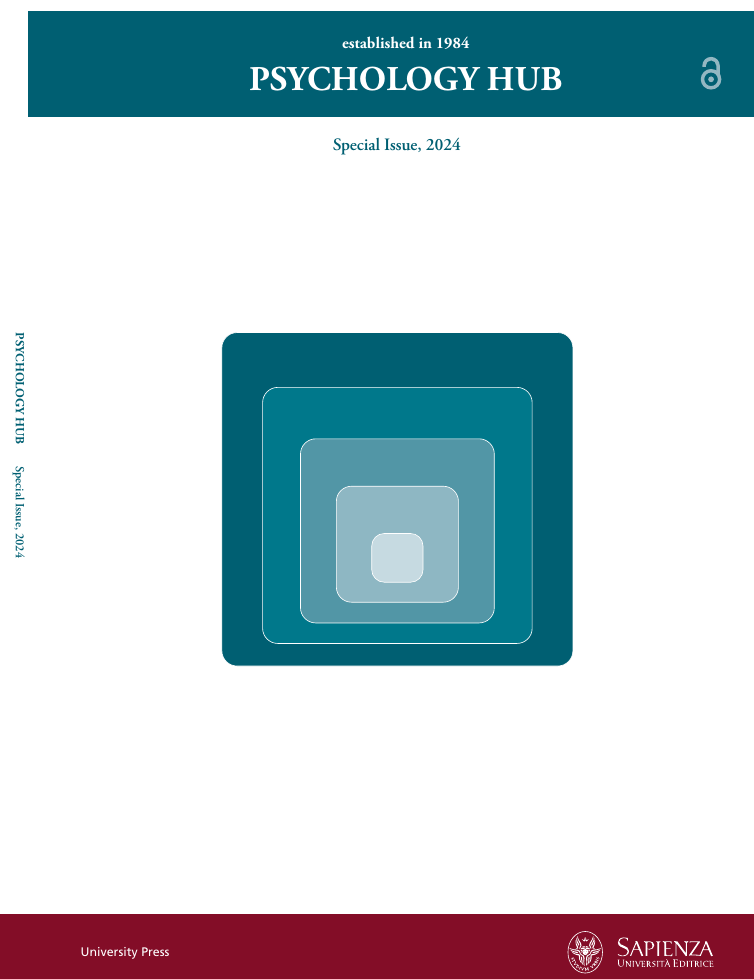Reactions to Uncertainty: Exploring the Interplay Between Intolerance of Uncertainty, Attachment Styles, and Psychological Symptoms
DOI:
https://doi.org/10.13133/2724-2943/18414Keywords:
attachment style, Intolerance of Uncertainty, mental health, network analysis, affective reactions to uncertaintyAbstract
This study investigated the interplay between Intolerance of Uncertainty (IU), attachment styles, and mental health, using network analysis on a community sample of 1121 individuals (450 men, 654 women, 17 unreported gender), aged 20-76 years (M = 36.8; SD = 12.4). Participants completed various instruments, including the Intolerance of Uncertainty Inventory, Experiences in Close Relationships-Revised, Attachment Style Questionnaire, State Adult Attachment Measure, and a 27-item Symptoms Checklist. Findings reveal a complex network with a central cluster of maladaptive IU beliefs. Attachment styles, significantly shaped responses to uncertainty, especially doubt, threat overestimation, and reassurance seeking, while avoidant attachment linked to uncertainty control, and avoidance, symptoms of mistrust and social phobia. Secure attachment offers a protective indirect influence. Central nodes in the network, like Worry, Reassurance Seeking, and Doubt, connect closely to core IU beliefs and depressive symptoms, suggesting them as potential intervention targets. Addressing these maladaptive reactions to uncertainty, particularly in individuals with insecure attachment, could mitigate the co-occurrence of IU beliefs and attachment styles, enhancing coping mechanisms in daily life. This research enriches the understanding of the dynamics between attachment styles, IU, and mental health.
Additional Files
Published
How to Cite
Issue
Section
License
Copyright (c) 2024 Psychology Hub

This work is licensed under a Creative Commons Attribution-NonCommercial-ShareAlike 4.0 International License.





